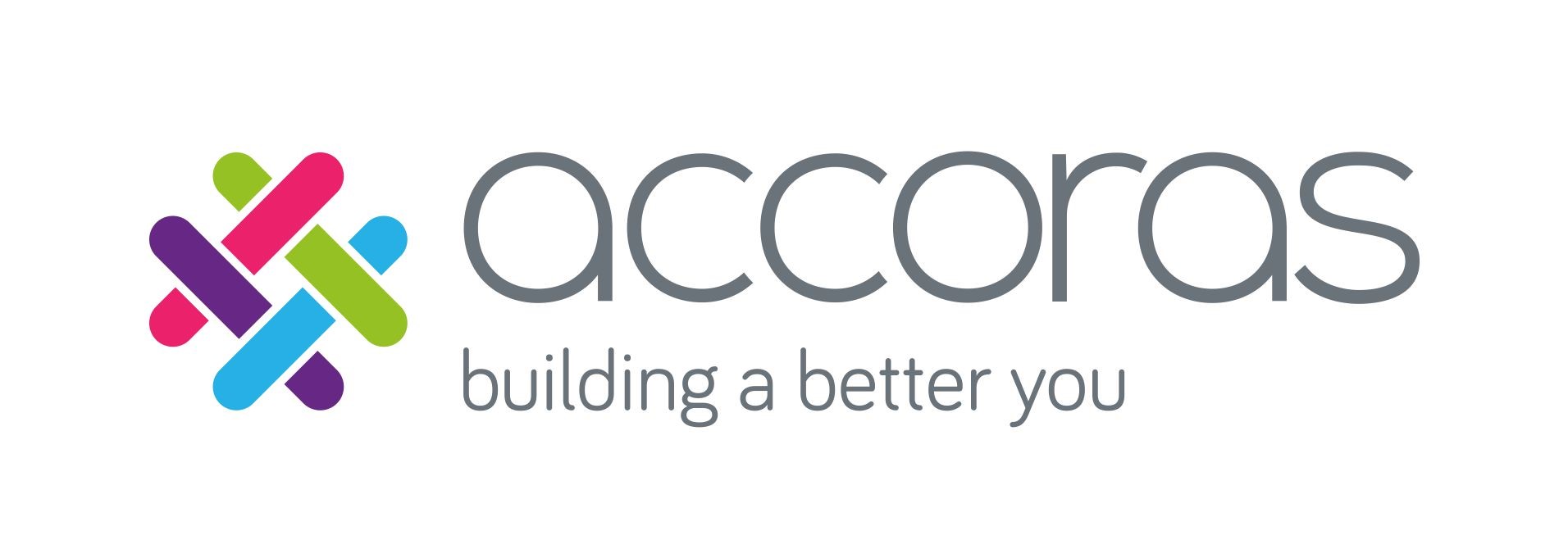Anyone who is in contact with a mental health service – as a consumer or carer, a staff member, or a community partner – has had their experience defined by clinical governance.
Despite this, it is often thought of as something complex or obscure, removed from day-to-day service delivery. Clinical governance is a fancy term for a simple concept – “doing the right thing, at the right time, by the right person”1.
In slightly more technical terms, it is a systematic approach to ensuring mental health service delivery is:
- Safe
- High quality
- Effective
- Continuously improving
- Transparent
- Accountable
- Risks are proactively identified, and those that cannot be prevented are mitigated
- Critical incidents (unexpected bad events or outcomes) are minimised, well managed when they do occur, and lessons are learnt
Examples of how clinical governance manifests day to day include:
- Employees of mental health organisations being required to have specific credentials, registrations or qualifications.
- The requirement that interventions delivered are evidence-based and demonstrated to be effective for particular mental illness presentations or groups of people
- The expectation that mental health professionals take part in reflective supervision with experienced senior practitioners
- The use of outcome measures to track the impact of treatment and catch early any inadvertent adverse impacts
- The use of evidence-based risk assessment tools that guide safety planning approaches
Most government and government-funded mental health services will have a clinical governance framework (or similar) that guides their operations. Increasingly, non-clinical services that support vulnerable people are investing in developing clinical governance processes.
At its core, clinical governance aims to create a system that enables excellent care, which is something all organisation that support people are interested in.
All Accoras client-facing services work to our Clinical Governance Framework. The Framework led to the development of the Accoras Clinical Governance Council, which is available to provide support and guidance to all parts of the business (including our mental health, child protection and employment programs).
In practice, this means a staff member that is facing a complex client situation, is managing a critical incident, or is worried about risk to a person or a community, they can access not just their line manager or supervisor, but a group of experienced multidisciplinary professionals.
The Clinical Governance Council has the capacity to analyse the situation from multiple angles, review the relevant evidence base, consider ethical implications, and then make a recommendation and support implementation. This level of support means team leaders and managers are never left alone with challenging decisions, and our clients and communities receive the best possible support.
For more information on Accoras and the Clinical Governance Council, visit - https://www.accoras.com.au/.

About the Author
Suzie Lewis is the General Manager for Strategy, Innovation and Research at Accoras. She holds a Master of Clinical Psychology and a Master of Perinatal and Infant Mental Health, and helped develop and implement the Accoras Clinical Governance Framework.
1Gray, C. What is clinical governance. BMJ 2005;330:s254.